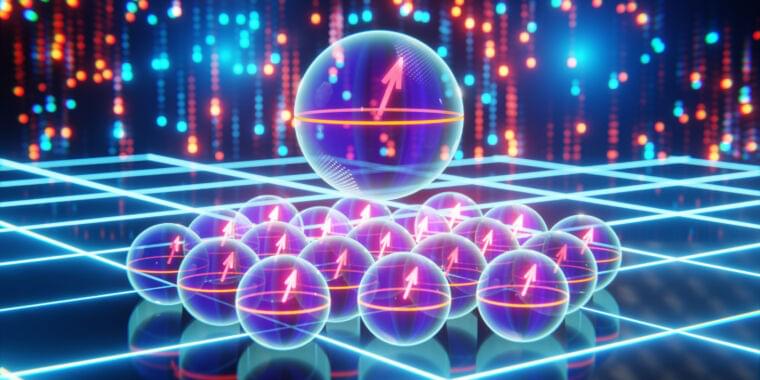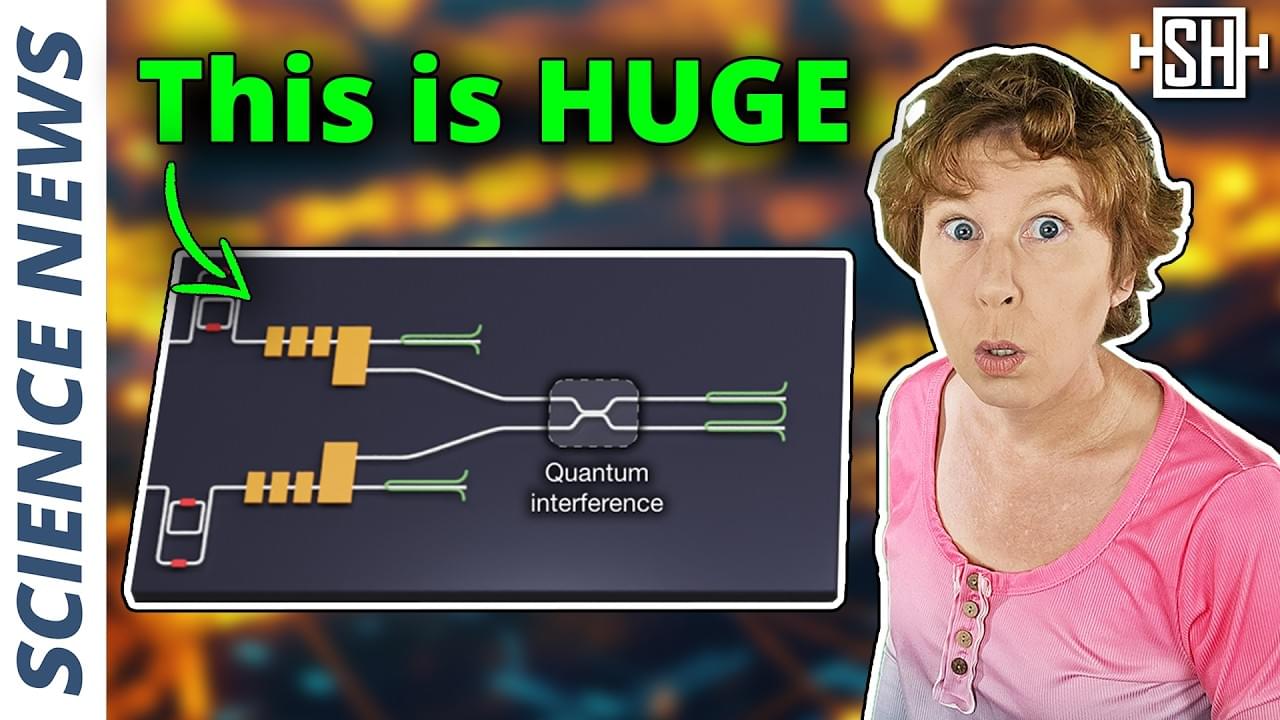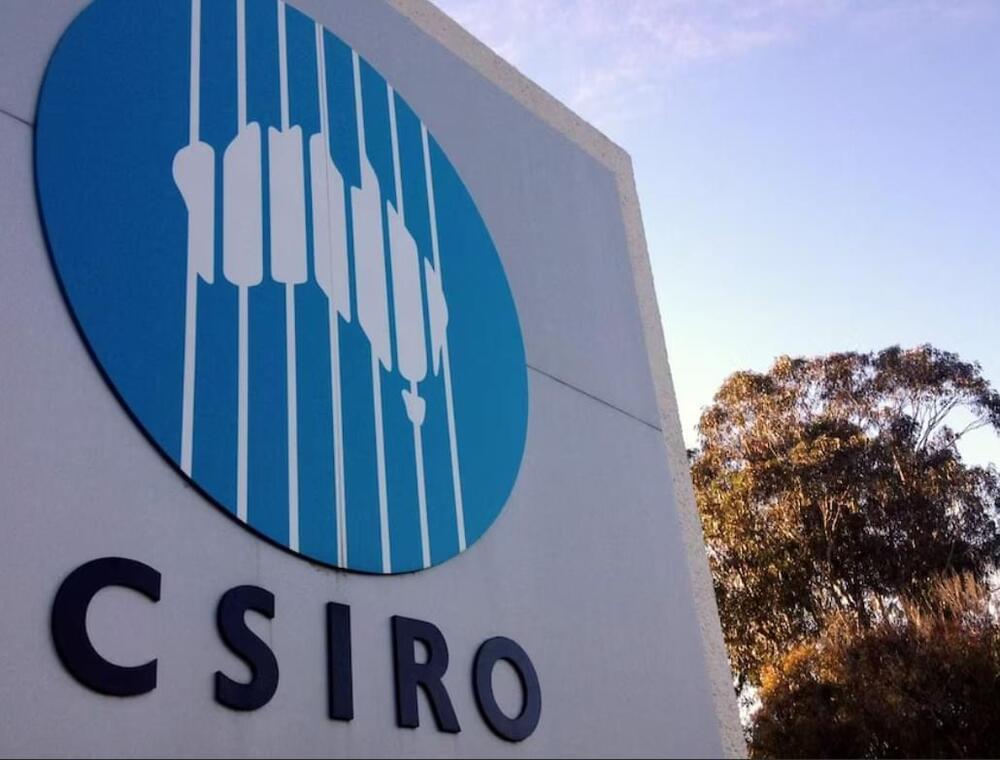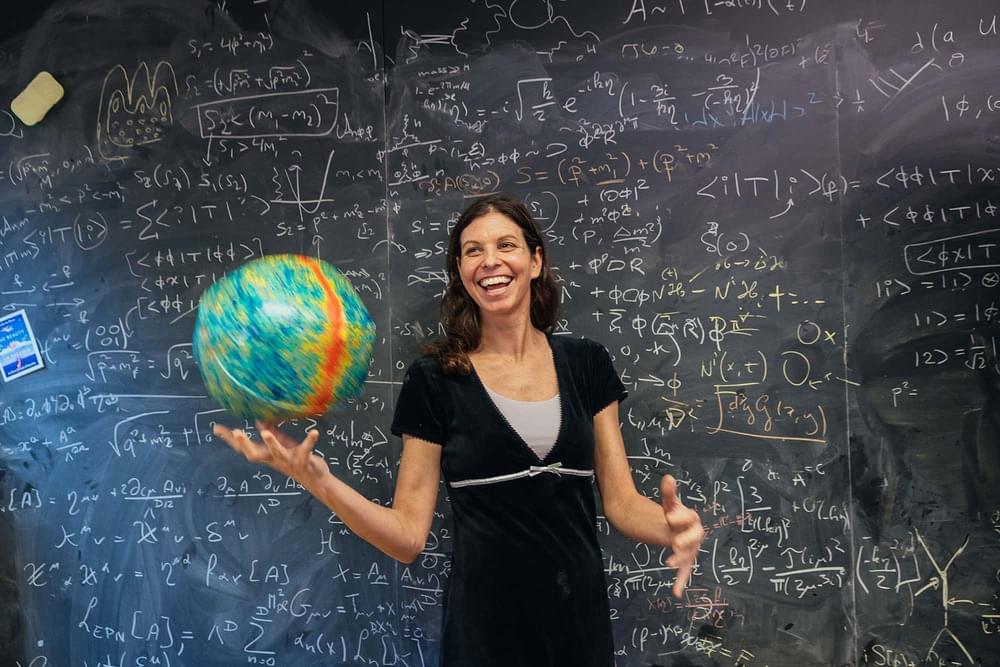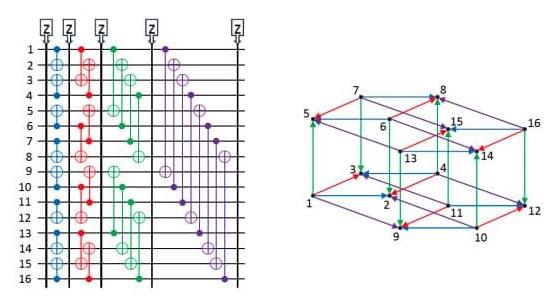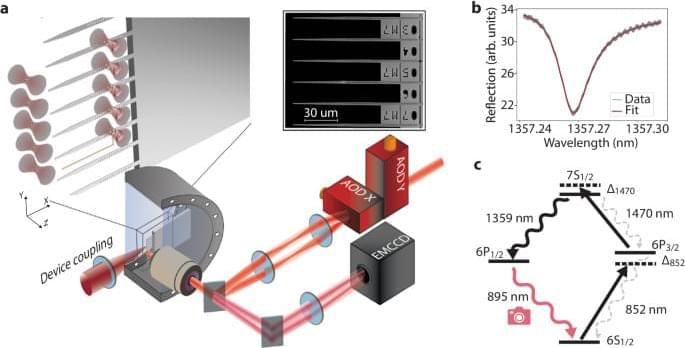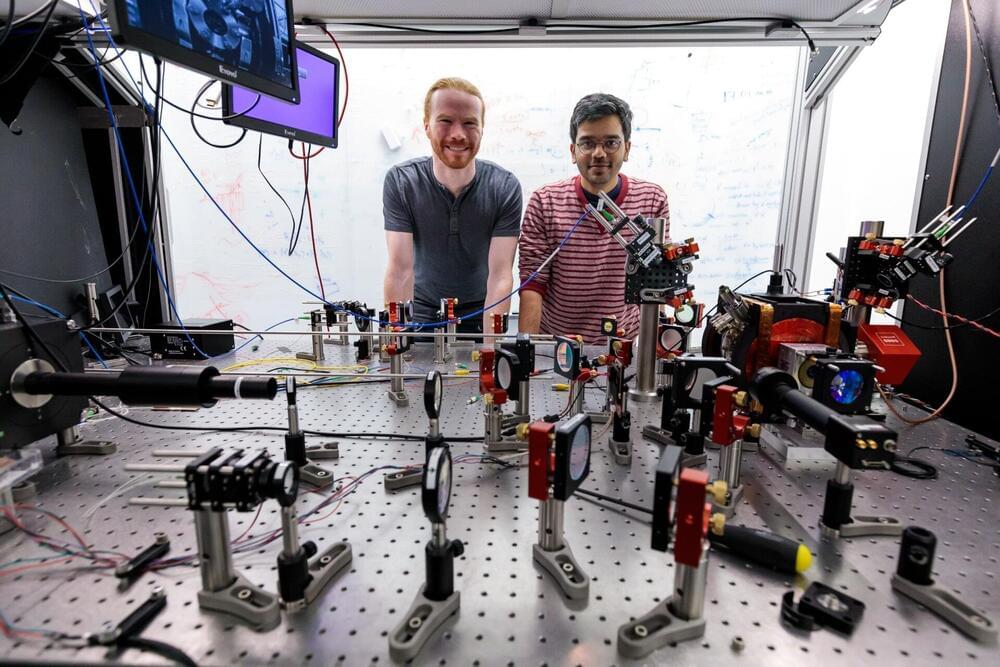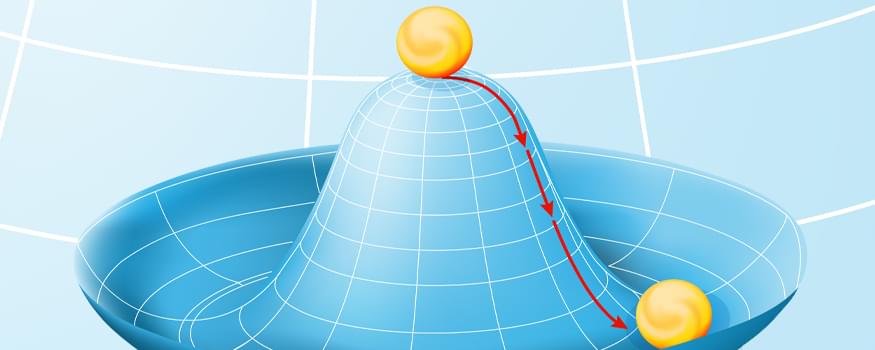
Quantum field theory (QFT) was a crucial step in our understanding of the fundamental nature of the Universe. In its current form, however, it is poorly suited for describing composite particles, made up of multiple interacting elementary particles. Today, QFT for hadrons has been largely replaced with quantum chromodynamics, but this new framework still leaves many gaps in our understanding, particularly surrounding the nature of strong nuclear force and the origins of dark matter and dark energy. Through a new algebraic formulation of QFT, Dr Abdulaziz Alhaidari at the Saudi Center for Theoretical Physics hopes that these issues could finally be addressed.
The emergence of quantum field theory (QFT) was one of the most important developments in modern physics. By combining the theories of special relativity, quantum mechanics, and the interaction of matter via classical field equations, it provides robust explanations for many fundamental phenomena, including interactions between charged particles via the exchange of photons.
Still, QFT in its current form is far from flawless. Among its limitations is its inability to produce a precise description of composite particles such as hadrons, which are made up of multiple interacting elementary particles that are confined (cannot be observed in isolation). Since these particles possess an internal structure, the nature of these interactions becomes far more difficult to define mathematically, stretching the descriptive abilities of QFT beyond its limits.

